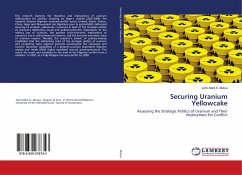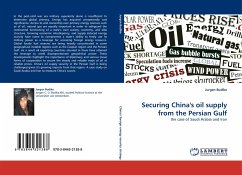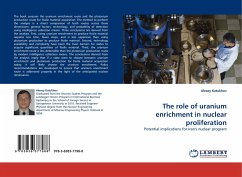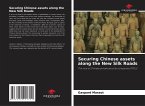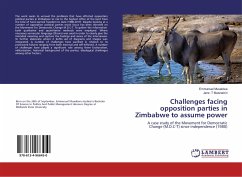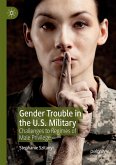This research explores the dynamics and implications of uranium militarization for conflict. Drawing on Niger's conflict (2007-2009), the research discerns Nigerien uranium-conflict actors (United States, France, China, Niger and Mouvement des Nigériens pour la justice/MNJ) militarized securing of uranium, yellowcake, resources in light of the strategic politics of uranium's deleterious social and politico-economic implications of the military use of uranium, the positive socio-economic implications of uranium's use in civil/commercial reactors, and the lucrative economic value of uranium exports. Notably, the research's advent of process-tracing establishes that the militarizing roles of the strategic politics of uranium and competing [sub] regional interests accentuated the repressive and counter repressive capabilities of a despotic-uranium dependent Nigerien regime and rebels (MNJ) highly mobilized around greed-grievances. The result: the onset and escalation in the level of the Nigerien conflict from a rebellion, in 2007, to a fully-fledged civil war/conflict by 2009.
Bitte wählen Sie Ihr Anliegen aus.
Rechnungen
Retourenschein anfordern
Bestellstatus
Storno

